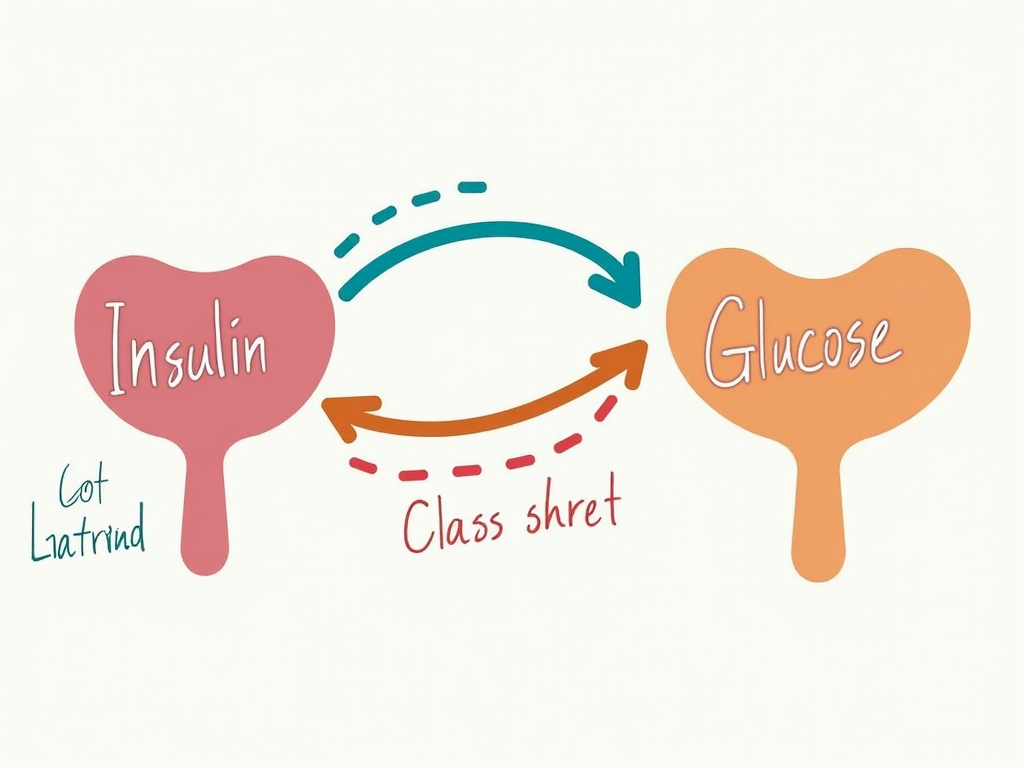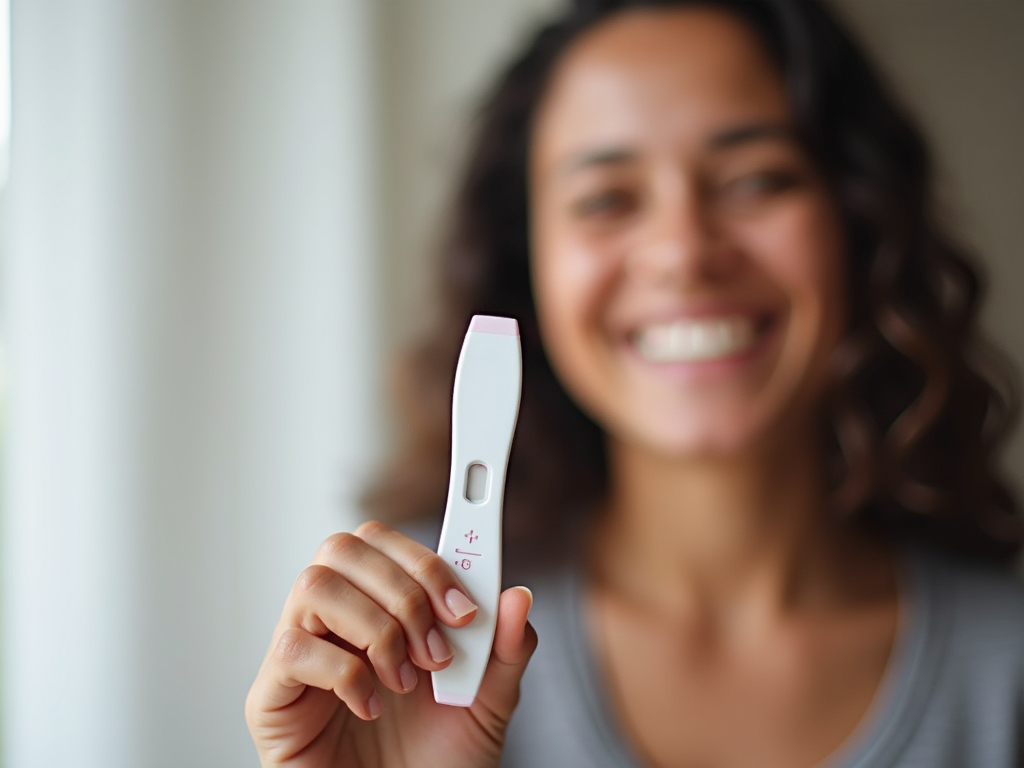Understanding PCOS: Symptoms, Causes, and Solutions
March 28, 2025, 12:32 p.m.
Overview
Polycystic Ovary Syndrome (PCOS) is a hormonal disorder that affects millions of women worldwide. It can cause irregular periods, excess hair growth, acne, weight gain, and challenges with fertility. Understanding PCOS is the first step toward managing its symptoms and improving quality of life. This article explores its symptoms, causes, and practical solutions.

Symptoms of PCOS
PCOS shows up differently for everyone, but some signs are common. These symptoms can disrupt daily life and affect how women feel about themselves. Here’s what to look out for:
- Irregular Periods: Cycles might come late, skip months, or last too long. This unpredictability can make planning tough.
- Excess Hair Growth: Known as hirsutism, this means hair grows in places like the face or chest due to high male hormone levels. It can hit confidence hard.
- Acne and Oily Skin: Hormones can trigger stubborn breakouts and greasy skin that resist regular treatments.
- Weight Gain: Many women find pounds creeping on and staying put, even with effort.
- Difficulty Getting Pregnant: Irregular ovulation makes conception tricky, often leading to emotional stress.
Sarah, a 28-year-old, shares: 'My periods were all over the place. When I couldn’t get pregnant, I saw a doctor and learned I had PCOS. It was a shock, but understanding it helped me cope.'

Causes of PCOS
No one knows the exact cause of PCOS, but a few factors stand out. Knowing these can guide better management.
- Genetics: If your mom or sister has PCOS, your odds go up. It runs in families.
- Insulin Resistance: This happens when your body doesn’t use insulin well, raising insulin levels. Extra insulin pushes the ovaries to make more male hormones, worsening symptoms.
- Inflammation: A low-level, ongoing inflammation in the body can also boost hormone production.
Picture insulin resistance like a rusty lock. Your body makes more insulin keys to open it, but those extras tell your ovaries to overproduce hormones, sparking issues like acne or hair growth.

Solutions for PCOS
Managing PCOS takes a mix of lifestyle changes and medical help. Here’s how women can take charge.
How Diet and Exercise Help PCOS
Diet: Eating right can balance insulin and ease symptoms. Focus on these:
- Whole grains like oats and quinoa
- Lean proteins like chicken or beans
- Veggies like broccoli and spinach
- Healthy fats like nuts and avocados
Skip sugary drinks, white bread, and fast food. These spike blood sugar fast.
Exercise: Moving your body boosts insulin use and helps with weight. Try:
- Walking or swimming (heart-pumping stuff)
- Lifting weights or using resistance bands
- Yoga for flexibility and calm
Even 30 minutes a day makes a difference.

Lifestyle Adjustments to Support PCOS Management
Beyond diet and exercise, small tweaks help too:
- Stress Relief: Stress can worsen PCOS. Try meditation or deep breathing to unwind.
- Sleep: Aim for 7-9 hours nightly. Good rest balances hormones.
- Toxins: Cut exposure to chemicals in plastics or makeup that mess with hormones.
Dr. Jane Smith, an endocrinologist, says: 'Start small. Add a walk or swap soda for water. Little changes build big results.'

Medications
Doctors often suggest meds to tackle specific symptoms:
- Birth Control Pills: These regulate periods and lower male hormone levels, helping with acne too.
- Metformin: It improves how your body uses insulin, often used for diabetes but helpful for PCOS.
- Anti-Androgen Drugs: These cut hair growth and breakouts by blocking male hormones.
Talk to your doctor to find what fits you.
Fertility Options for Women with PCOS
Want to start a family? PCOS can complicate things, but options exist:
- Ovulation Meds: Drugs like clomiphene or letrozole kickstart ovulation.
- IVF: In tougher cases, in vitro fertilization can work.
Consulting a fertility specialist for PCOS treatment can boost success. Emily shares: 'After a year of trying, my specialist got me on meds. I ovulated and soon got pregnant. It was worth it.'

Summary
PCOS touches many parts of life, from periods to pregnancy. Its symptoms—like irregular cycles and extra hair—stem from causes like genetics and insulin issues. Solutions range from diet and exercise to meds and fertility help. Every woman’s path is unique, but with the right tools, managing PCOS gets easier.